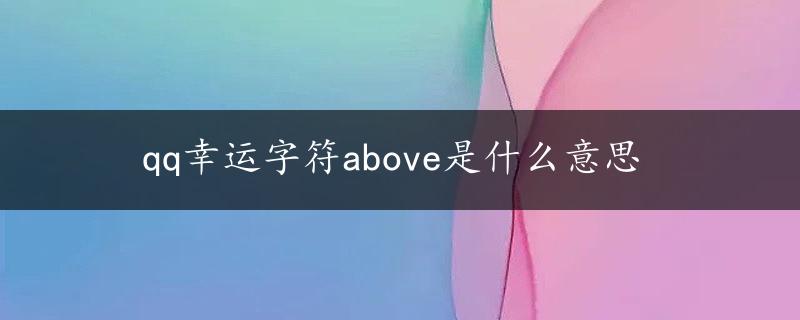Yes, "above" is a two-syllable word with the stress on the first syllable, and it is an open syllable. Here are some key points that explain why:
- An open syllable ends with a vowel sound that is not followed by a consonant. The first syllable of "above" contains the vowel sound /ə/, which is the most common unstressed vowel sound in English. This sound is spelled with the letter "u" in this word, but it can also be spelled with "a", "e", and "o" in other words (such as "son", "the", and "ago").
- When a word has more than one syllable, there is usually one syllable that is more stressed than the others. This is called the primary stress. In "above", the stress falls on the first syllable, which means it is pronounced with more emphasis or volume than the second syllable.
- The fact that the first syllable is an open syllable and receives stress helps to clarify the pronunciation and meaning of the word. If the syllable were closed (ending in a consonant sound), it might be less clear where the stress should fall and how the word should be pronounced overall. For example, "abv" (if that were a real word) could have different interpretations depending on whether it is pronounced with the stress on the first syllable or the second syllable.













